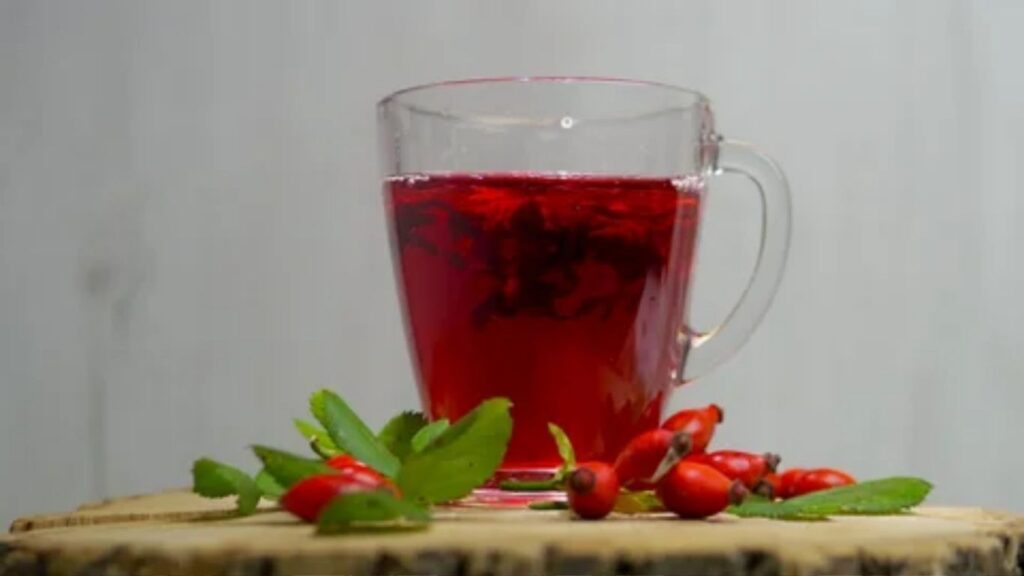Nature has always been a rich source of remedies, offering plants and herbs that address a wide range of health concerns. One such wonder plant is Berberis, commonly known as barberry. Renowned for its vibrant red berries and a long history in traditional medicine, Berberis has gained renewed attention in modern health practices. This blog explores the medicinal properties of Berberis, focusing on its active compounds, health benefits, and how it can be used as a natural remedy for modern ailments.
Berberis and Its Medicinal Properties: A Natural Remedy for Modern Ailments
What is Berberis?
Berberis is a genus of shrubs belonging to the family Berberidaceae, comprising over 500 species. Native to Europe, North Africa, and Asia, these shrubs are characterized by their thorny branches, small yellow flowers, and bright red berries. While the berries are commonly used in culinary dishes, the plant’s bark, roots, and stems hold significant medicinal value.
The key to Berberis’s powerful health benefits lies in its active compound, berberine, a bioactive alkaloid known for its wide range of therapeutic properties.
A Brief History of Berberis in Medicine
The use of Berberis in traditional medicine dates back thousands of years:
- Ayurveda and Traditional Chinese Medicine (TCM): Berberis has been used to treat digestive disorders, infections, and skin conditions.
- Persian Medicine: It has been a staple remedy for liver and gallbladder ailments.
- European Folk Medicine: The berries were used to enhance immunity and fight colds and fevers.
Modern research has validated many of these traditional uses, making Berberis a valuable addition to today’s natural medicine arsenal.
Medicinal Properties of Berberis

1. Antimicrobial Properties
Berberis is a potent antimicrobial agent. Berberine, its active compound, can combat a wide range of pathogens, including bacteria, viruses, fungi, and parasites. It is particularly effective against Helicobacter pylori, a bacterium linked to stomach ulcers and gastritis. These properties make Berberis useful in managing infections and promoting gut health.
2. Anti-Inflammatory Effects
Chronic inflammation is a root cause of many modern diseases, including arthritis, cardiovascular diseases, and autoimmune disorders. Berberis exhibits strong anti-inflammatory properties by inhibiting pro-inflammatory cytokines, helping to alleviate inflammation-related conditions naturally.
3. Supports Digestive Health
Traditionally, Berberis has been used to treat digestive issues such as diarrhea, constipation, and indigestion. Berberine stimulates bile production, aiding in fat digestion and detoxification. It also balances gut flora, promoting overall gastrointestinal health.
4. Regulates Blood Sugar Levels
One of the most remarkable benefits of Berberis is its ability to regulate blood sugar levels. Studies have shown that berberine is as effective as some diabetes medications in lowering blood glucose levels. It enhances insulin sensitivity and reduces glucose production in the liver, making it a natural remedy for managing type 2 diabetes.
5. Improves Heart Health
Berberis supports cardiovascular health by lowering cholesterol levels, reducing blood pressure, and improving arterial function. Berberine’s ability to reduce LDL (“bad” cholesterol) while increasing HDL (“good” cholesterol) makes it a heart-friendly supplement.
6. Boosts Immune Function
The berries of the Berberis plant are rich in antioxidants such as vitamin C and flavonoids, which help neutralize free radicals and strengthen the immune system. This makes Berberis effective in preventing colds, flu, and other common illnesses.
7. Skin Health
Berberis is a natural remedy for acne and other skin conditions due to its antimicrobial and anti-inflammatory properties. It inhibits the growth of acne-causing bacteria and reduces redness and swelling, promoting clearer, healthier skin.
8. Liver Detoxification
Berberis supports liver health by aiding in the detoxification process. Berberine helps remove toxins from the body and promotes the regeneration of liver cells, making it an excellent remedy for liver-related disorders.
How to Use Berberis
Berberis can be consumed in various forms, depending on your health needs and preferences:

1. Berberis Tea
- Made from dried Berberis bark or berries, this tea is an excellent digestive tonic.
- Recipe: Boil 1-2 teaspoons of dried Berberis bark in a cup of water for 10-15 minutes. Strain and enjoy.
2. Berberis Extract or Capsules
- Berberine supplements are widely available in capsule or extract form, providing a concentrated dose of the active compound.
- Dosage: Follow the manufacturer’s recommendations or consult a healthcare professional.
3. Berberis Berries
- The berries can be eaten fresh, dried, or added to dishes like rice or salads for a tangy flavor and health boost.
4. Topical Application
- Berberis-based creams or ointments can be applied directly to the skin to treat acne or other skin conditions.
Precautions and Side Effects
While Berberis is generally safe when used as directed, it’s important to keep the following in mind:
- Pregnancy and Breastfeeding: Avoid using Berberis during pregnancy or breastfeeding, as it may stimulate uterine contractions.
- Medication Interactions: Berberine can interact with certain medications, including blood thinners and diabetes drugs. Consult your doctor before use.
- Overuse: High doses of berberine may cause gastrointestinal discomfort, such as nausea or diarrhea.
Modern Research on Berberis
Numerous scientific studies have validated the traditional uses of Berberis:

- A 2020 study published in the Journal of Ethnopharmacology highlighted berberine’s antimicrobial and anti-inflammatory properties, making it a promising treatment for infections and chronic inflammation.
- Research in the Journal of Diabetes Research found that berberine significantly improved blood sugar control in patients with type 2 diabetes.
- Studies have also shown that berberine can reduce cholesterol levels and improve heart health, aligning with its traditional use as a cardiovascular tonic.
Conclusion
Berberis is a versatile and powerful natural remedy, offering a wide range of health benefits that address many modern ailments. From regulating blood sugar and improving heart health to supporting digestion and boosting immunity, this ancient medicinal plant continues to prove its worth in today’s world.
Incorporating Berberis into your wellness routine, whether as a supplement, tea, or culinary ingredient, can be a simple yet effective step toward better health. However, always consult a healthcare professional before starting any new supplement, especially if you are pregnant, breastfeeding, or taking medications.
Also read: Top Iron-Rich Foods to Combat Anemia Naturally
